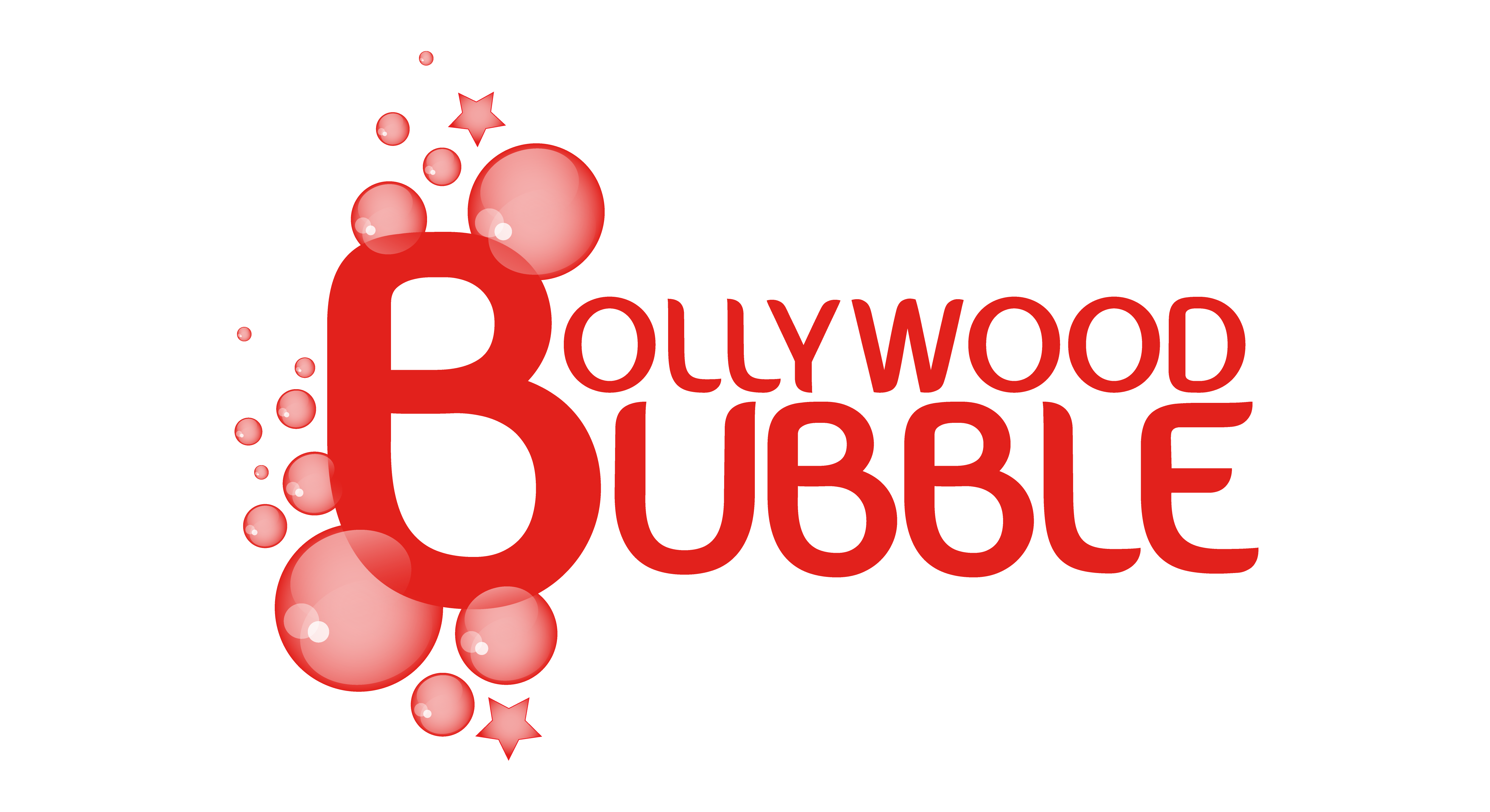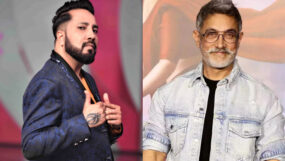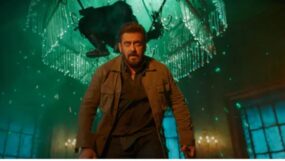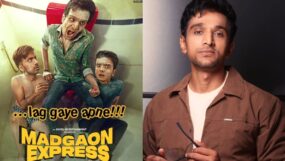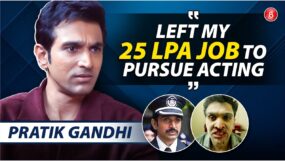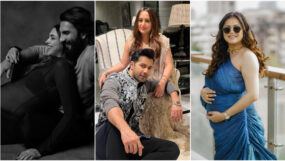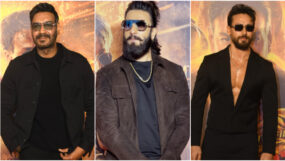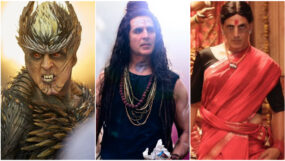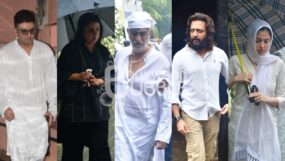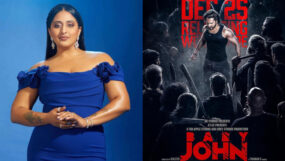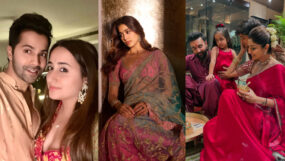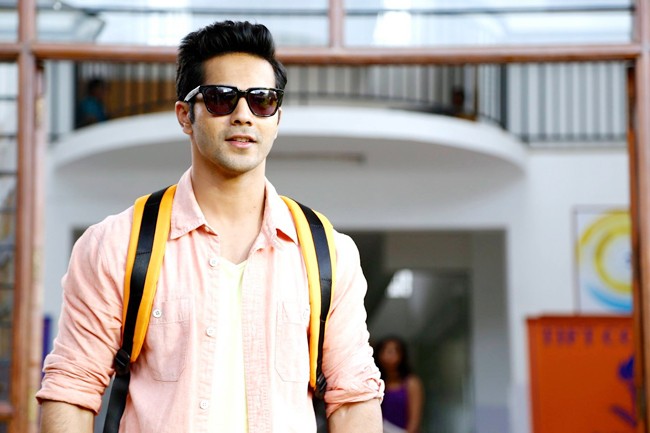
Young actor Varun Dhawan, whose fan following seems to have increased following his latest release “Main Tera Hero”, wants to avoid calling himself a “star”. He says that establishing a connect with the audience will always be of importance for him.
“I wouldn’t call myself a star. Not now, not ever,” said Varun, who made his debut with “Student Of The Year”.
Excerpts from the interview:
Q. “Main Tera Hero” (MTH) is a success and you now seem to have fans in all age groups?
A. Very honestly, the hero in this film is my father David Dhawan. We promoted the film like crazy. Nowadays, the pressure’s on an actor on how to market a film is excruciating. There wasn’t so much pressure to promote my first film “Student Of The Year”. Dharma Productions was the hero of that film and Karan Johar was there with the three of us – Sidharth Malhotra, Alia Bhatt and me to promote the film. Karan made sure everything went right. With MTH, the pressure was fully on me to sell the film to the audience.
Q. Couldn’t have been an easy place to be in?
A. There were times when I had to force my eyelids apart. But when I saw those expectant crowds at the promotional events just waiting for a glimpse of the actors, one couldn’t go in front of them all droopy and tired.
Q. The hallmark of a true star?
A. I wouldn’t call myself a star. Not now, not ever. I’m here because I love the movies. I am not here to make money. By god’s grace I don’t have to worry about my next 4,000 meals. At the same time, I am not here to do charity either. But my relationship with the audience will always be more important than all other considerations. I’ve to make sure of that.
Q. You seem to have established the same kind of connect with the audience as Govinda did in your father’s films. Does that comparison annoy you?
A. Not at all. If anything, it is unfair to an actor of Govinda’s stature and durability. At the same time, I do realise that all newcomers are compared with established actors. And because MTH is a full-on David Dhawan film, the kind that my father did with Govinda, the comparisons are inevitable. MTH is very different from its source of origin – the Telugu film “Kandireega”. The style of storytelling and packaging is full-on David Dhawan.
Q. You’ve caught the flavour of David Dhawan’s cinema bang-on?
A. I had to. Otherwise I’d have been thrown out of the film. He was very strict with me during the shooting. Out of the 60 days that we shot MTH, I was on tenterhooks for 45 days.
Q. Did that bother you initially?
A. Yes, it did. Not that I expected to be pampered. But I expected to be treated normally. But he was being extra-strict with me. Now when I see the film, I realize why he behaved the way he did. My father has 42 films behind him. He knew exactly what he was doing and why he needed to make sure that I worked harder than all his other heroes. He just threw me in the deep end of the water and let me learn to swim my way out. Either I swam or I drowned.
Q. You come from a totally filmy background. Is that an advantage?
A. I am not too sure. Today the sur (tone) of cinema has changed beyond recognition. Things are gradually changing. We don’t know whether the future of Indian cinema is going to be “Dabangg”, “Rowdy Rathore” and MTH or is it going to be “Queen” and “The Lunchbox”…we don’t know.
Q. Which cinema would you rather be part of?
A. I am greedy. I want to do both. The sur of acting is so different in MTH and “Queen”. I am doing the more naturalistic sur in Humpty Sharma Ki Dulhaniya. It’s a very real film.I play a working-class Punjabi guy. I feel very thrilled about this film. I feel as an actor I should explore everything there is to explore. I am consciously choosing roles that are different from one another.
Q. How has “Main Tera Hero” changed you as an actor?
A. I am exhausted. But satisfied. I feel sapped out. I can’t do another films like MTH for the next two years. I did this film from the heart. We had a huge lot of improvisation on the sets. We were constantly adding, revising, polishing. To me, this is what commercial Hindi cinema is all about. After release, when I went to the theatre, this elderly gentleman came and put his hand on my head and blessed me. Then his children came and told me they liked the film. For me, that was the reward for all the hard work.
Inputs By IANS
